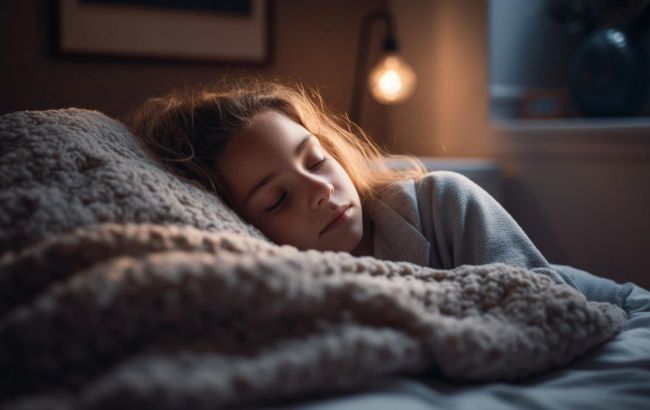What time to go to bed to avoid heart disease
 Illustrative photo (Freepik)
Illustrative photo (Freepik)
Inadequate sleep can lead to various health issues and even exacerbate symptoms of depression, according to Vogue Italia.
Quality nighttime rest contributes to the rejuvenation of energy and vitality in the morning.
The ideal bedtime, as explained by sleep expert Pujan Parikha, depends on the circadian rhythm, the internal body clock regulating the sleep-wake cycle.
"Scientists have observed that the optimal time to start sleeping is between 10:00 PM and midnight. However, it all depends on the time you need to wake up the next morning. Essentially, you need at least the minimum hours of sleep recommended for your age group," explains Parikha.
For most adults, 7-8 hours of uninterrupted sleep are necessary. If one wakes up at 7:00 AM, it's advisable to go to bed between 11:00 PM and midnight.
Disrupting the regular sleep cycle can increase the risk of a heart attack.
"Depriving yourself of sleep at the right time can also lead to excessive hunger, increasing the production of ghrelin – the hunger hormone that stimulates appetite. In the short term, this may lead to weight gain, and in the long term, serious cardiovascular complications," warns a medical professional.
If experiencing difficulty falling asleep despite a tiring day, it's crucial not to wake up ten minutes after closing your eyes. While it's not unusual to lie in bed for 15-20 minutes before falling asleep, if you're still restless after 30 minutes, consider the following:
- Get out of bed, do some stretches or other physical activity.
- Read something mildly interesting to avoid heightened curiosity that could keep you awake.
- Take a hot bath, as it can lower body temperature and induce drowsiness.
- Play nature sounds if silence makes you uncomfortable.
This material is for informational purposes only and should not be used for medical diagnosis or self-treatment. Our goal is to provide readers with accurate information about symptoms, causes, and methods of detecting diseases. RBС-Ukraine is not responsible for any diagnoses that readers may make based on materials from the resource. We do not recommend self-treatment and advise consulting a doctor in case of any health concerns.

